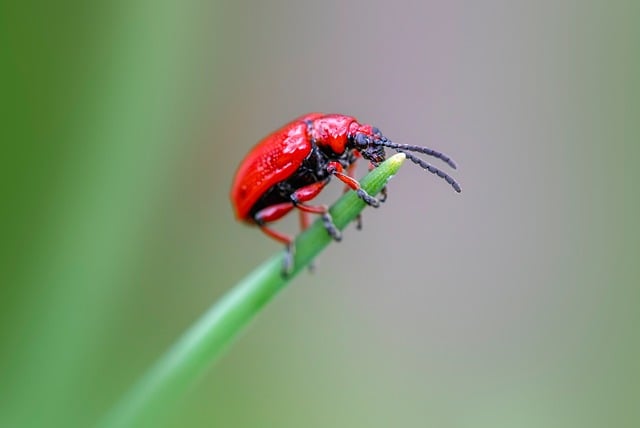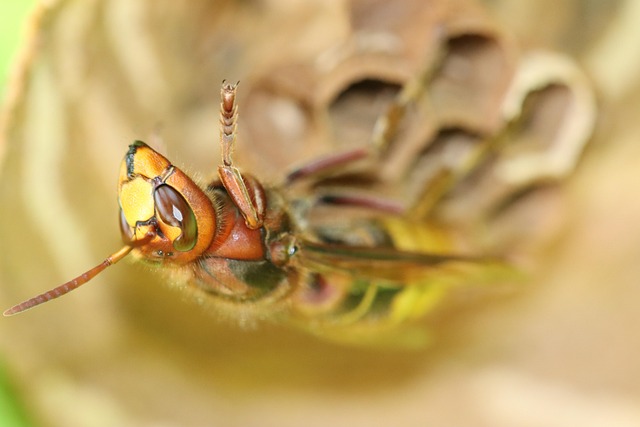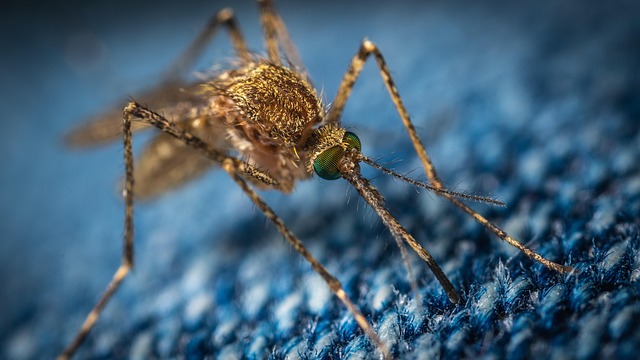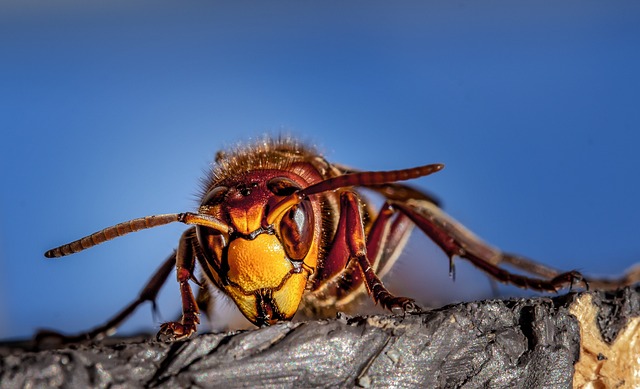Mosquitoes in Littleton home gardens cause damage, transmit diseases, and attract other pests. Organic pest control methods offer an eco-friendly solution by introducing beneficial insects, using plant-derived repellents, maintaining good hygiene to disrupt the mosquito life cycle, and employing physical barriers. These strategies create a sustainable and balanced environment while effectively managing mosquito populations. Implementing these measures, including eliminating breeding grounds, planting mosquito-repelling herbs, regular garden care, and encouraging natural predators, ensures a bite-free garden and preserves Littleton's ecological balance.
“Mosquitoes in your Littleton home garden can be more than just a nuisance; they pose health risks and damage plant life. Fortunately, organic pest control offers a safe and effective solution. This article delves into understanding mosquito populations and their impact on local gardens, exploring powerful yet natural methods to reduce their numbers.
We provide an actionable guide on implementing and maintaining an organic mosquito control program tailored for Littleton residents, helping you reclaim your outdoor space.”
- Understanding Mosquito Populations and Their Impact on Home Gardens in Littleton
- Organic Pest Control Methods for Mosquito Reduction: A Safe and Effective Approach
- Implementing and Maintaining a Successful Organic Mosquito Control Program for Your Littleton Garden
Understanding Mosquito Populations and Their Impact on Home Gardens in Littleton

Mosquitoes are more than just a nuisance; they can significantly impact home gardens in Littleton. Understanding their populations and behavior is crucial for implementing effective organic pest control methods. These insects breed in standing water, so identifying and eliminating potential breeding sites around your property is a critical first step. Common areas include birdbaths, clogged gutters, buckets, or any container that holds water.
The impact of mosquito populations on home gardens is twofold. Not only do they feed on plant sap, causing minor damage, but they also attract other pests like spiders and wasps. Moreover, mosquitoes can transmit diseases to both plants and humans, posing a health risk. Organic pest control for home gardens in Littleton focuses on natural solutions, such as introducing beneficial insects (predators of mosquitoes), using mosquito repellents derived from plants, and maintaining excellent garden hygiene to disrupt the mosquito life cycle.
Organic Pest Control Methods for Mosquito Reduction: A Safe and Effective Approach

In the quest for effective mosquito reduction, organic pest control methods offer a safe and eco-friendly alternative for homeowners in Littleton. This approach leverages natural solutions to manage and reduce mosquito populations, ensuring a healthier environment for both people and local ecosystems. Organic methods focus on introducing beneficial insects that feed on mosquitoes or their larvae, such as dragonflies and damselflies, which are known natural predators. Additionally, plants with insect-repelling properties can be strategically placed in gardens to create a natural barrier against mosquitoes.
Beyond biological controls, organic pest control for home gardens in Littleton involves the use of physical barriers like fine mesh nets or screens to protect outdoor living spaces. Plants with strong scents that deter mosquitoes, such as citronella, lavender, and marigolds, can also be incorporated into garden designs. These organic strategies not only reduce mosquito numbers but also promote a more sustainable and balanced ecosystem in residential areas.
Implementing and Maintaining a Successful Organic Mosquito Control Program for Your Littleton Garden

Implementing an effective organic mosquito control program is a great way to enjoy your Littleton garden free from pesky bites while preserving its ecological balance. Start by identifying potential breeding grounds – stagnant water in containers, bird baths, or old tires are common sources. Remove or empty these areas regularly to disrupt the mosquito lifecycle. Planting natural mosquito-repelling herbs like citronella, lavender, and marigolds can also help deter them naturally. These plants not only serve as organic pest control for home gardens in Littleton but add aesthetic value and fragrance to your outdoor space.
Maintain regular garden care to reduce mosquito habitats. Keep grass cut short, trim foliage, and remove dead plant matter promptly. Encourage natural predators like birds, bats, and dragonflies by installing birdhouses or bat boxes. These organic methods not only control mosquito populations but also promote a healthier, more sustainable environment for your garden ecosystem.
Mosquitoes can significantly impact home gardens in Littleton, but with an organic pest control approach, residents can effectively manage these populations while promoting a healthier environment. By understanding mosquito behavior and implementing tailored strategies, such as natural repellents, habitat modification, and biological controls, gardeners can achieve lasting reduction. These organic methods not only minimize the use of harmful chemicals but also contribute to the overall ecological balance, ensuring a peaceful outdoor experience for Littleton folks. Adopting these practices is a step towards creating a more sustainable and mosquito-free haven in your garden.
